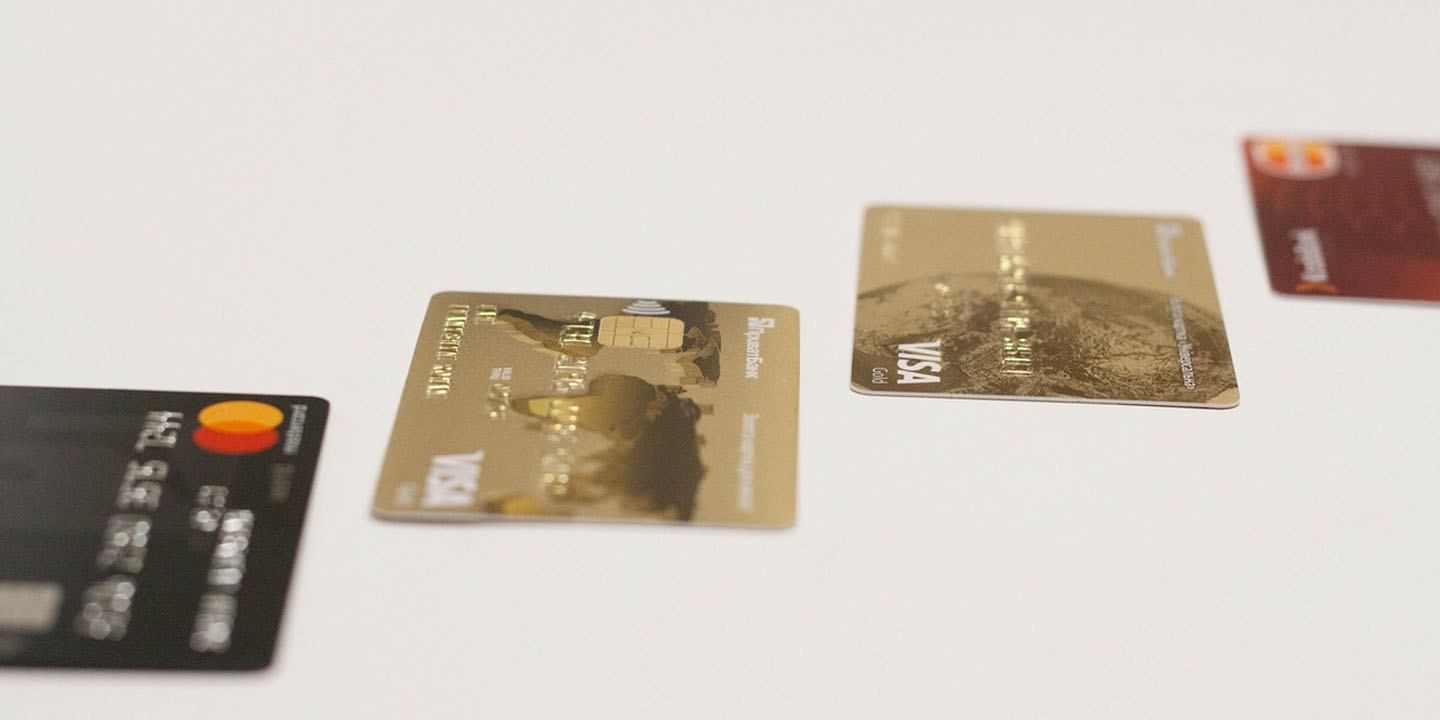Now that online shopping and virtual transactions are a day-to-day occurrence, credit cards have become indispensable. They offer convenience, reliability, and seamless integration with various services. However, this has also made them a prime target for scammers and fraudsters. That sinking feeling you get when you realize your credit card has been compromised is one that’s familiar to many. You’re definitely not alone in this. Nevertheless, taking prompt and decisive action is the best way to mitigate the damage. If you ever find yourself in this predicament, here are 15 crucial steps you should take immediately.
1. Alert Your Credit Card Company
The very moment you suspect that your credit card might be compromised, you need to immediately contact your credit card issuer. Most companies have 24/7 hotlines for these situations, meaning they can help you immediately deactivate your card to prevent any further unauthorized transactions. The quicker you report the potential fraud, the less likely you’ll be held for the fraudulent charges, so don’t delay.
 Photo by NordWood Themes on Unsplash
Photo by NordWood Themes on Unsplash
2. Scrutinize Your Card Statements
While it’s a good habit to regularly review your credit card statements, it becomes absolutely crucial in the aftermath of suspected fraud. Look out for any transactions that you don’t recognize. Don’t just focus on large purchases, even the smallest of charges can signal credit card theft. If you notice any unfamiliar activity, don’t hesitate to report it to your credit card company right away.
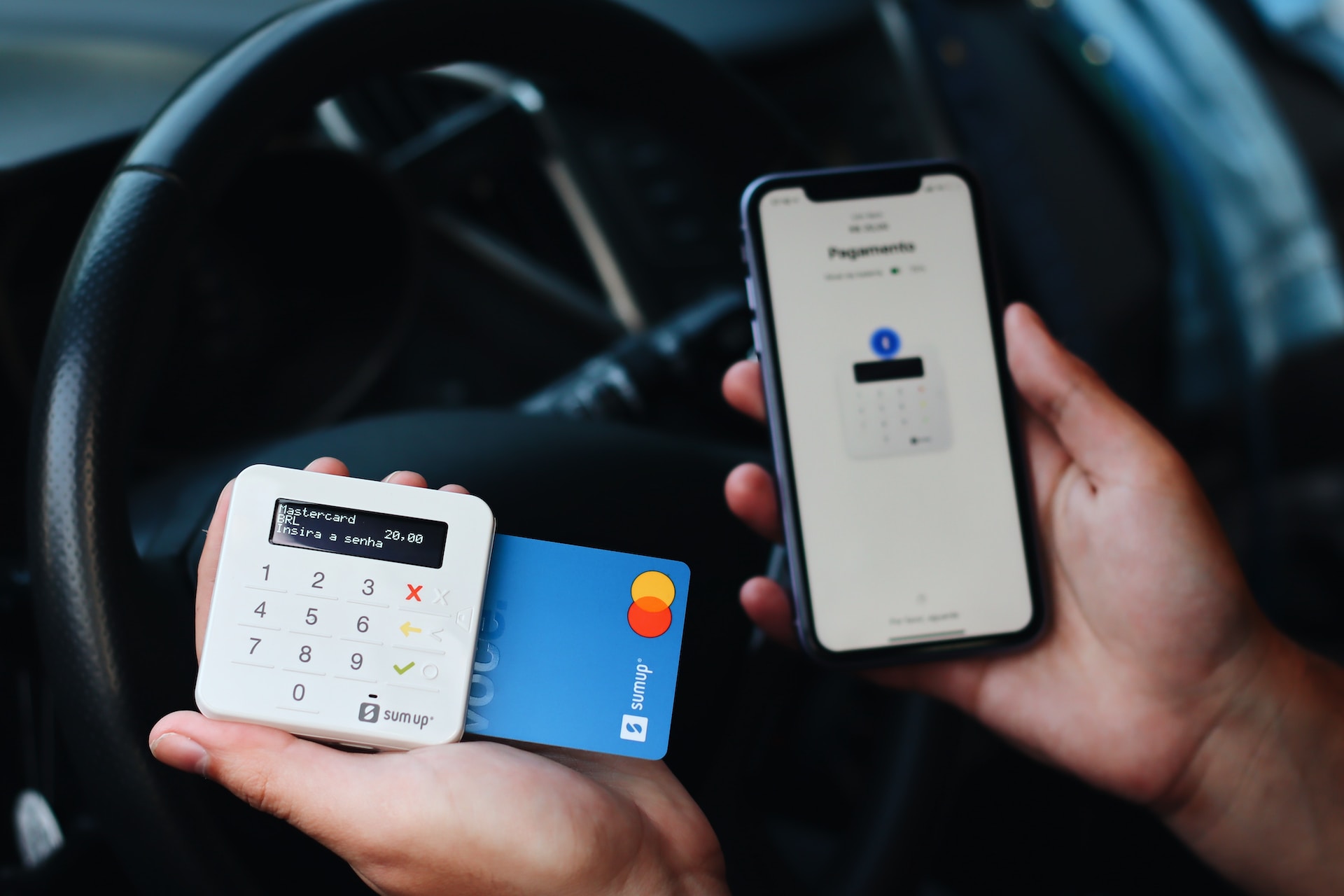 Photo by Nathana Rebouças on Unsplash
Photo by Nathana Rebouças on Unsplash
3. File a Fraud Report
Reporting fraudulent activity to your local law enforcement agency can be helpful in the event your credit card company or insurance requires proof of the crime. While the police likely won’t be able to track down the perpetrator, having an official report of the fraud can definitely come in handy later down the line.
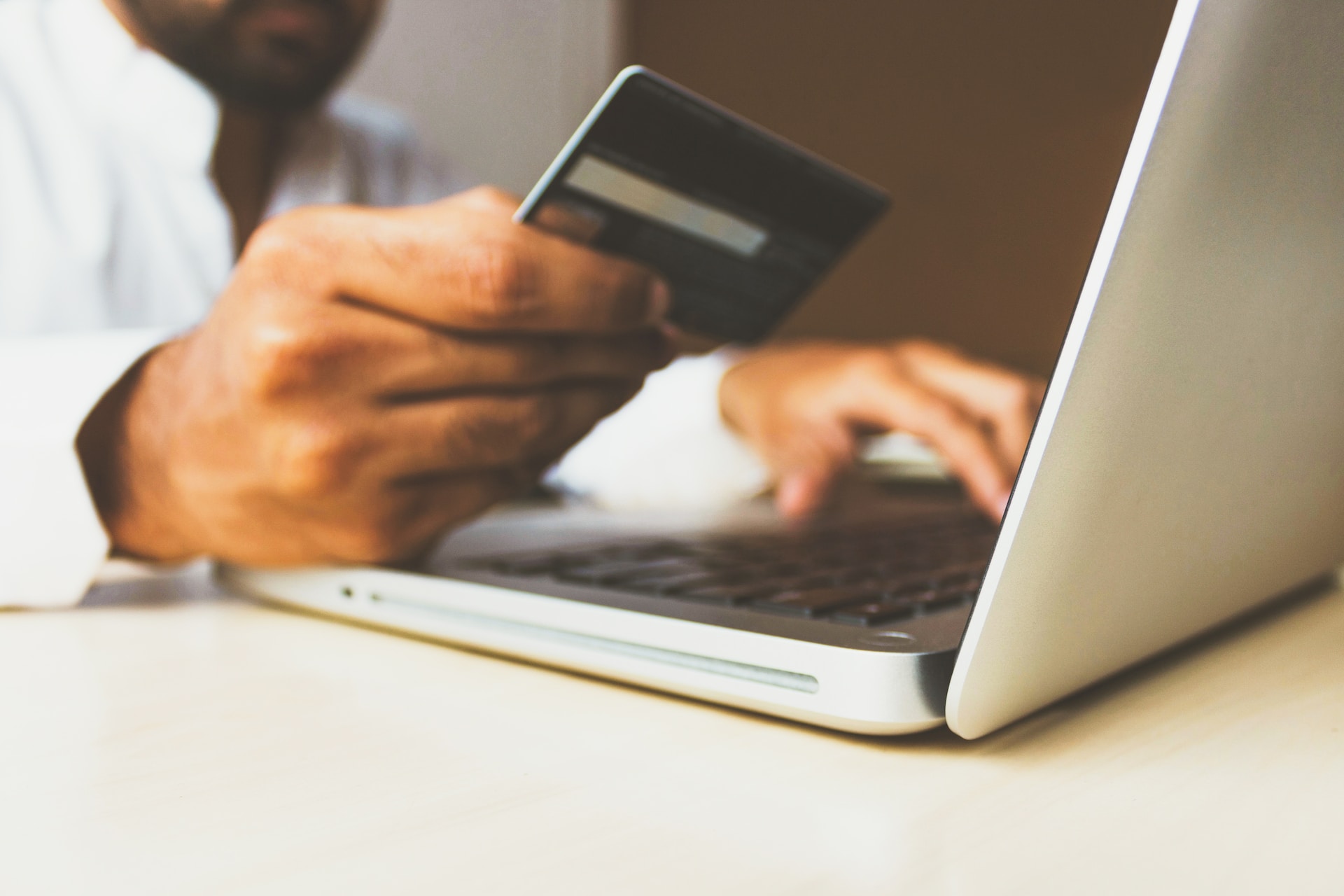 Photo by rupixen.com on Unsplash
Photo by rupixen.com on Unsplash
4. Secure Your Other Accounts
Once you’ve discovered one compromised account, it’s a prudent step to check all your other financial accounts for suspicious activity. Unfortunately, cybercriminals often attack multiple accounts simultaneously which means you have to be on the lookout. Monitoring your accounts vigilantly will help you to quickly spot and address any other potential security breaches.
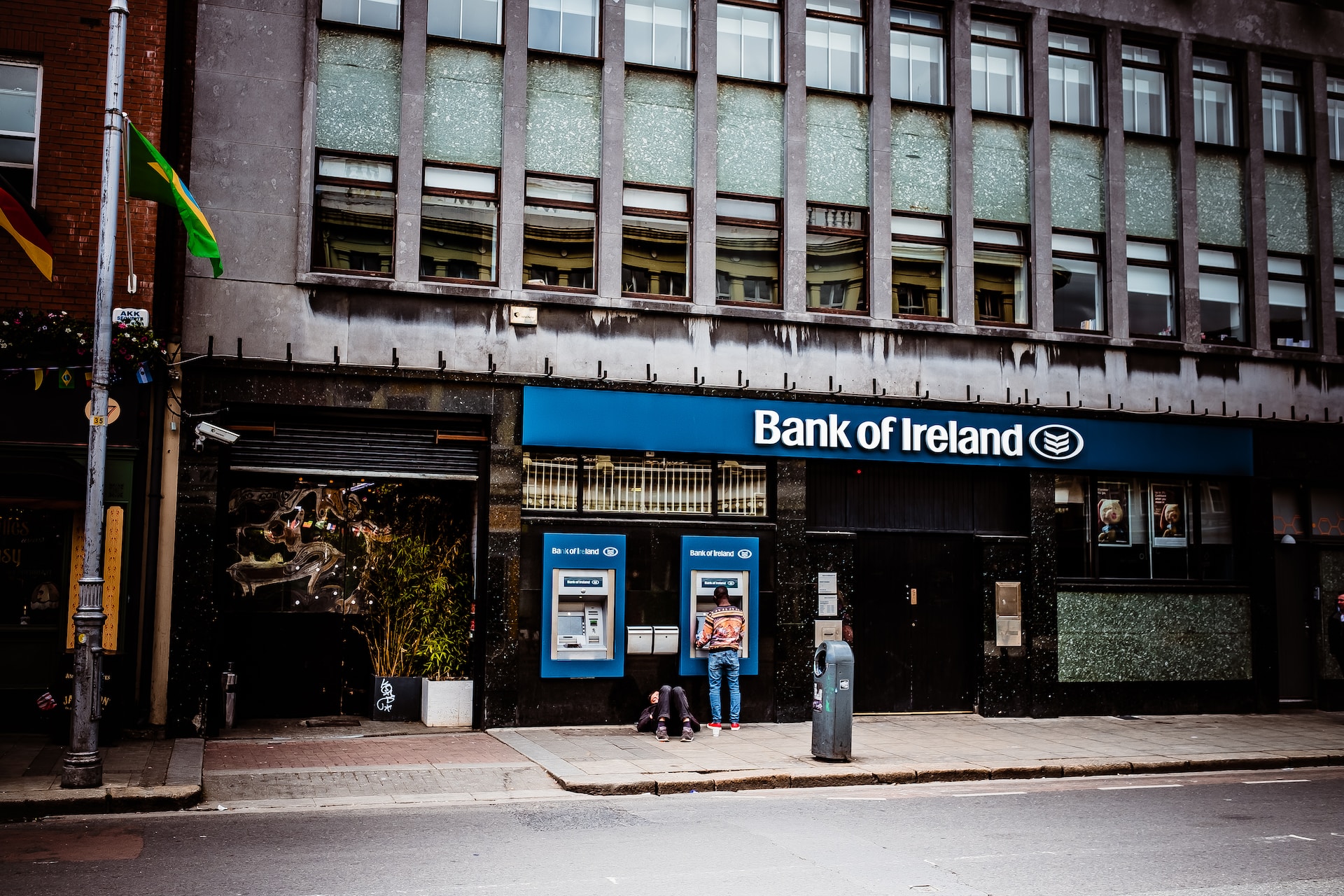 https://unsplash.com/photos/Q59HmzK38eQ
https://unsplash.com/photos/Q59HmzK38eQ
5. Activate Transaction Alerts
If not already enabled, activate transaction alerts for all your financial accounts. Most banks offer this feature, providing real-time updates whenever a transaction is made. This not only allows you to keep track of your spending, but it can also serve as an early warning system for fraudulent activity. Because when you get that notification signaling a purchase when you haven’t made one, that’s bad news.
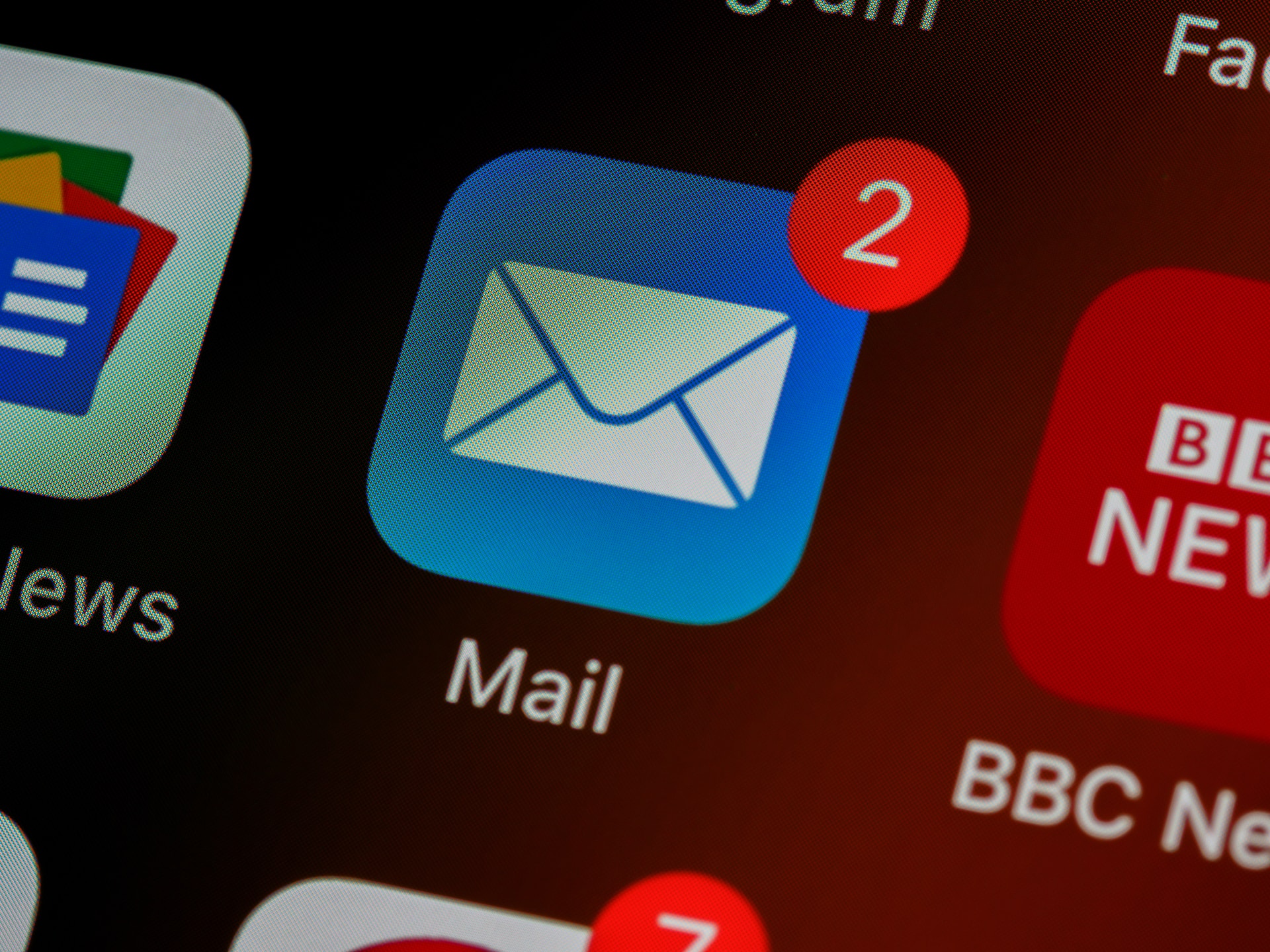 Photo by Brett Jordan on Unsplash
Photo by Brett Jordan on Unsplash
6. Update Your Online Banking Passwords
If your account has been breached, it’s a good idea to change your online banking passwords. It’s an effective preventive measure. Always opt for strong, unique passwords that are hard to guess, and use a mix of letters, numbers, and special characters. This is essential in ensuring your online banking account remains secure, reducing the chances of additional fraud.
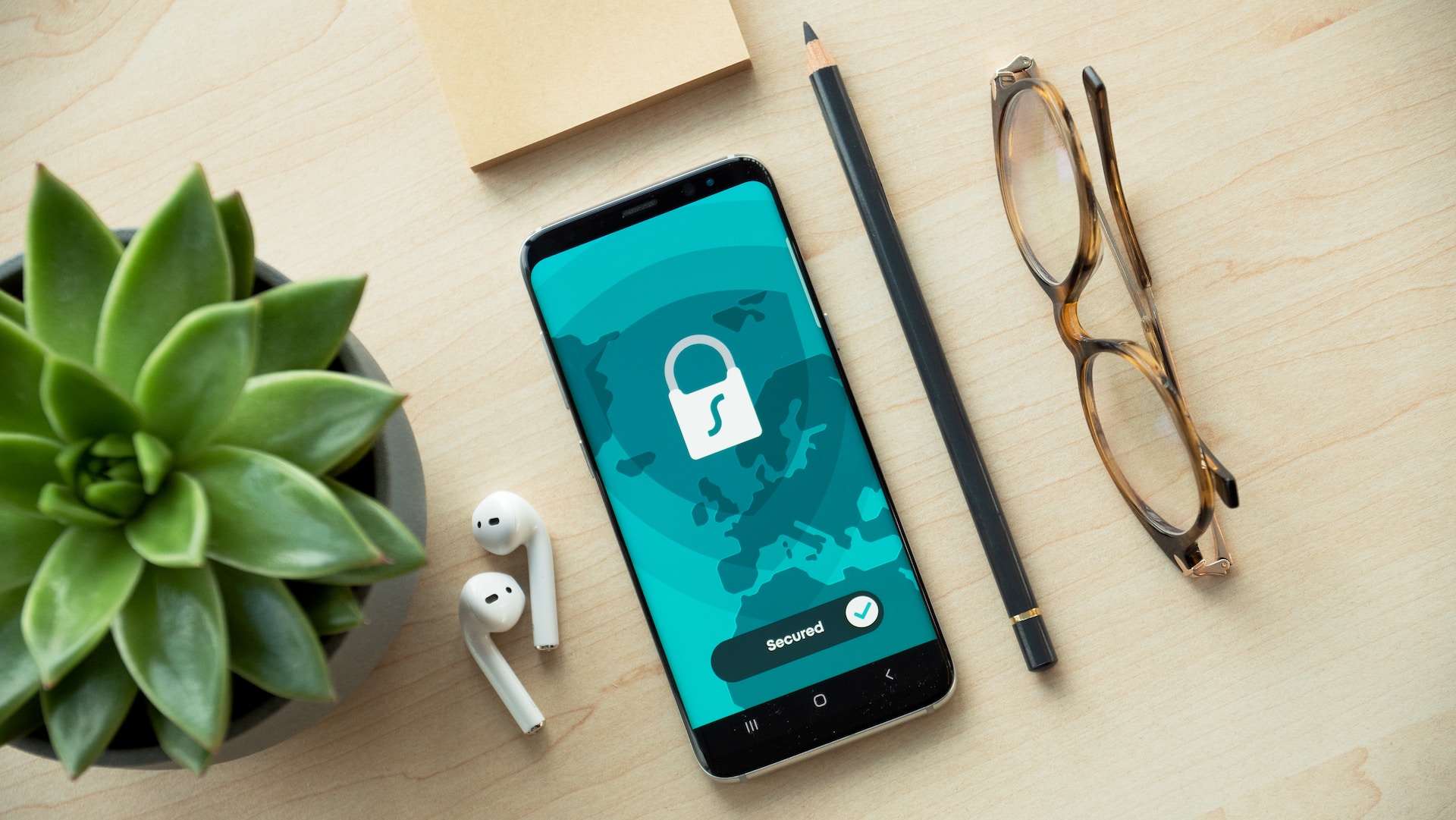 Photo by Dan Nelson on Unsplash
Photo by Dan Nelson on Unsplash
7. Consider Credit Monitoring Services
Credit monitoring services can provide an extra layer of protection, especially in the wake of a security crisis. These services alert you to changes in your credit report, such as new accounts or changes to existing ones. Early detection of these changes can help prevent further damage to your credit. It could also be exactly what you need to help get a peace of mind.
 Photo by Avery Evans on Unsplash
Photo by Avery Evans on Unsplash
8. Review Your Credit Reports
Regularly reviewing your credit reports from the three major credit bureaus (Equifax, Experian, and TransUnion) can help identify any discrepancies or unauthorized activities. In the US, you’re entitled to one free report from each bureau every year. Following a fraud incident, be sure to use this to your advantage, utilizing these reports to ensure no unauthorized accounts have been opened in your name.
 Photo by Lukas Blazek on Unsplash
Photo by Lukas Blazek on Unsplash
9. Dispute Unauthorized Charges
If fraudulent charges appear on your account, it’s crucial to dispute them with your credit card company as soon as possible. Under the Fair Credit Billing Act, you won’t be responsible for any of the charges if you report them promptly. So don’t wait around! Reporting theft should never be left to the very last minute.
 Photo by Afif Ramdhasuma on Unsplash
Photo by Afif Ramdhasuma on Unsplash
10. Request a New Credit Card
Next, you’ll need to request a new card from your credit card company. This is done so that your compromised card will be deactivated and no longer able to be used for unauthorized transactions. While many view this step as a hassle, it’s a necessary step to take preventive measures. Once you receive your new card, remember to update any automatic payments linked to the old one.
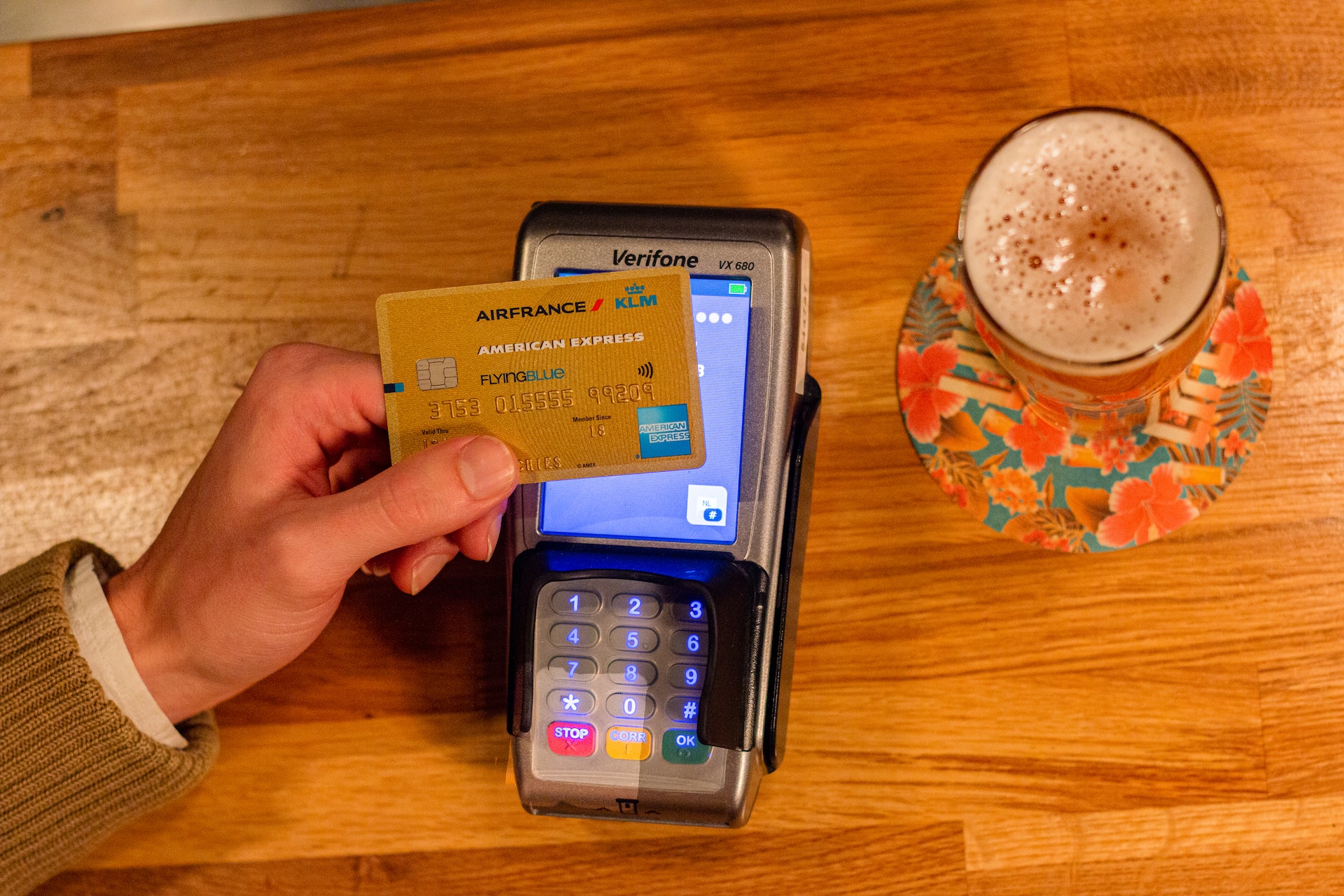 Photo by CardMapr.nl on Unsplash
Photo by CardMapr.nl on Unsplash
11. Update Your Account Recovery Infomation
When your credit card is compromised, it’s essential to update your account recovery information for all your financial accounts. This information usually includes anything from a backup email, a phone number, or security questions. By updating all these details, you’re further ensuring that the hacker can’t regain access to your accounts, strengthening your overall security in the event of another breach.
 Photo by AbsolutVision on Unsplash
Photo by AbsolutVision on Unsplash
12. Watch Out for Phishing Attempts
After dealing with credit theft, criminals may attempt to exploit the situation further by initiating phishing attacks. Don’t fall for them! Scammers are clever these days, possibly posing as your bank or credit card company asking for sensitive data or verification. Stay vigilant and remember that legitimate organizations will never ask for your sensitive information via email, text message, or an unsecured phone call. If you receive suspicious communication, don’t click any links or provide any information. Report it straight away to your bank or card issuer.
 Photo by Elisa Ventur on Unsplash
Photo by Elisa Ventur on Unsplash
13. Freeze Your Credit
If you suspect that your credit card breach could lead to identity theft, consider placing a freeze on your credit. This prevents potential thieves from opening new accounts under your name. In the United States, you can request a credit freeze for free from the three major credit reporting agencies (Equifax, Experian, and TransUnion). If you’re worried about consequences, don’t be - a credit freeze doesn’t affect your credit score and doesn't prevent you from getting your free annual credit report.
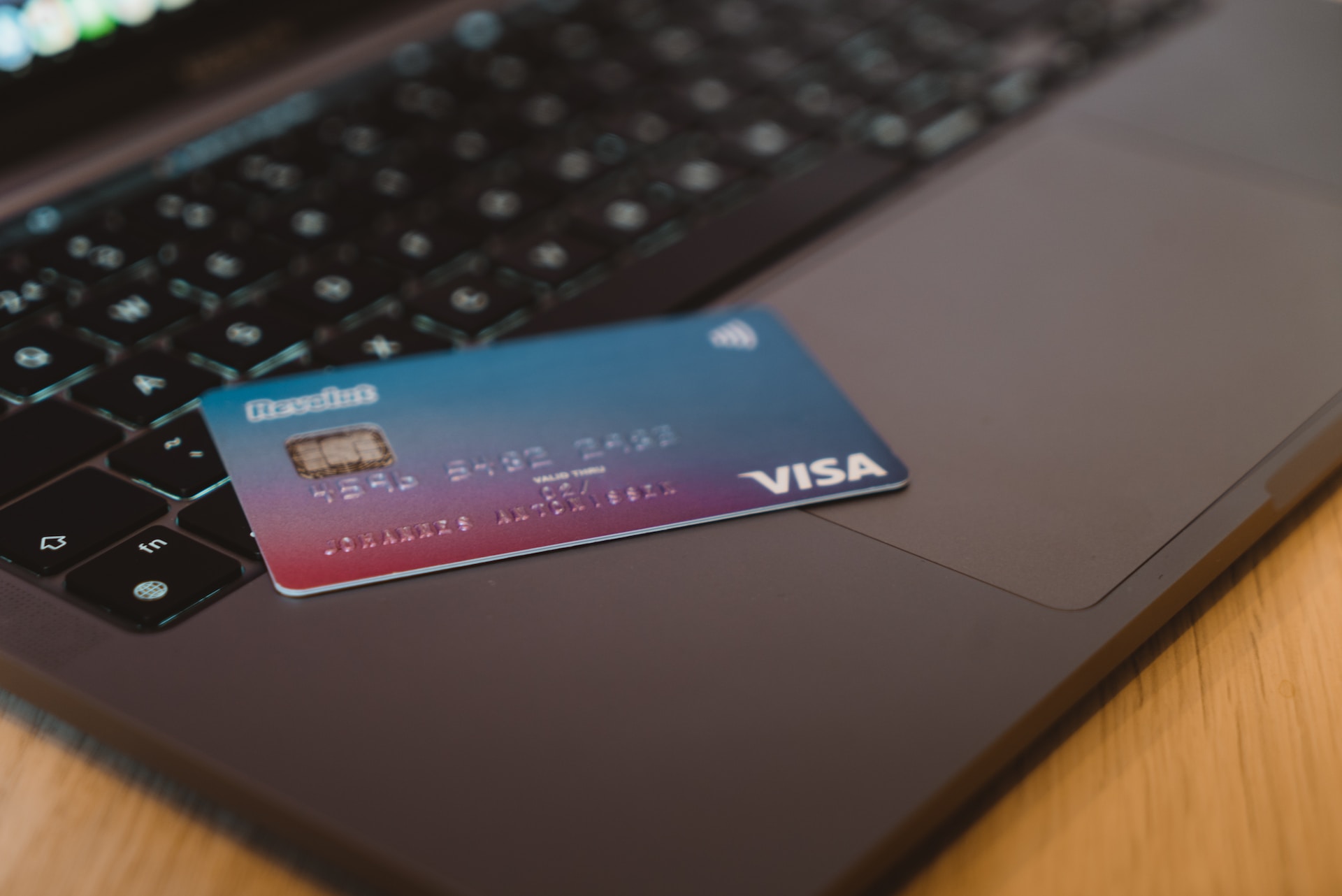 Photo by CardMapr.nl on Unsplash
Photo by CardMapr.nl on Unsplash
14. Educate Yourself on Credit Card Security
After the stressful event of a credit card breach, the aftermath is a perfect time to educate yourself about security and how to avoid a potential attack in the future. Learn about the latest scams and hacking techniques to better protect yourself. Understand the importance of secure networks when making online transactions, and know the telltale signs of phishing attempts. Lastly, always keep your computer’s antivirus and security software up-to-date.
15. Evaluate Your Credit Card Company’s Security Measures
If your credit card was compromised, it might be worth evaluating your credit card provider’s security measures. Not all banks and companies provide the same level of protection; some can offer more sophisticated fraud detection systems and additional security layers like tokenization, which replaces sensitive card information with unique identification symbols. If you find your current provider lacking, or simply unsatisfactory, you might want to switch to a provider with a stronger security infrastructure.
 Photo by Towfiqu barbhuiya on Unsplash
Photo by Towfiqu barbhuiya on Unsplash
Yes, finding yourself in this predicament can be a truly stressful and anxiety-inducing time. But by following these 15 steps, it’ll help ease any headaches regarding your situation. Just remember to always regularly monitor your accounts, report suspicious activity promptly, and be aware of the latest threats - these are necessary steps to help keep your finances secure in the long run.







